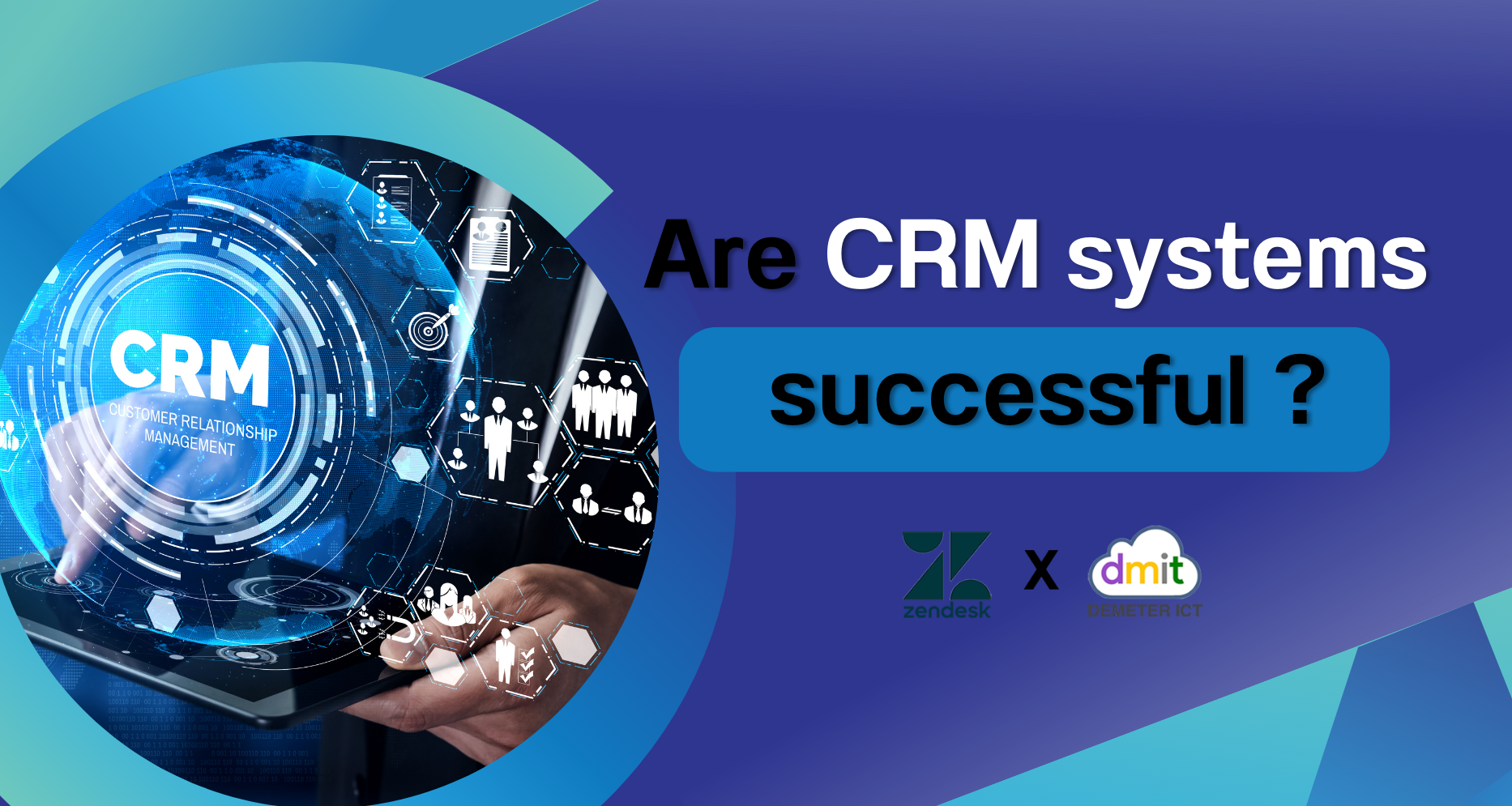The benefits of customer relationship management (CRM) systems are now widely known. However, just because you’ve integrated a CRM system doesn’t mean you can feel the full benefits straight away.
How do CRM systems work?
As the name suggests, CRM systems manage the relationships that businesses have with customers. From the first touchpoint to the last purchase, a CRM system will monitor, track and analyse each customer’s interaction.
Depending on the type of CRM system, businesses can access a variety of tools to help them build better customer relationships, including:
- Email tracking, analytics and notifications.
- Social media monitoring and analytics (including chatbot integrations).
- Sales and service ticketing systems.
- Pipeline and prospect management systems.
- Customer databases, reporting and analytics.
Applying these tools and systems to your sales, marketing and service processes can bring you many benefits. Companies can begin to gain more detailed insight into their customers’ behaviours and preferences. They can introduce workflows to improve their buying or brand experience.
How do businesses use CRM systems?
As previously mentioned systems can help to improve the service experience at every possible touchpoint.
Indeed, the customers of businesses that use this kind of systems most effectively won’t even notice they’ve been put in place. They’ll just enjoy a seamless and positive shopping or service experience.
For example, a customer may message a business via Facebook about a problem they’ve had with a product. A chatbot will then pick this up and pass the query on to a customer care agent to resolve. The agent may ask the customer a few questions before helping them arrange a product exchange. If the customer contacts again, the service department will not have to repeat the questions. The information about this customer will already be saved in the CRM system
How to use CRM systems successfully?
More than 65% of customers having higher customer service expectations than they did a few years ago. Using Customer Relationship Management systems successfully is no longer a nice-to-have, but a must-have.
To take full advantage of the benefits of CRM systems, make sure you:
Match the system to your strategy. Just like businesses, no single CRM system offers the same level of functionality and tools. Before you buy a new set of software, think about your wider business strategy.
Invest in training as well as technology. Integrating CRM technology into your business processes is great. If your employees don’t know how to use it, then it will be of no benefit to your business.
Gather regular feedback. When starting to integrate technology into your business, make sure you get regular feedback from employees and customers. Data and insights can give you a picture of how technology is performing. However, only by asking people on both sides of the system you learn about how it works and potential changes.
Think about scalability. CRM systems aren’t a one-off investment. They’re designed to help you improve and optimise your customer service and experience in the long-term. It is therefore important to ensure that the system you choose is flexible. It must be scalable as your business changes and grows.
By following these steps, you can make sure your CRM integration brings your business long-term success and positive ROI.
Is a CRM system right for your business?
There’s no single answer to this question. However, more than 91% of businesses with more than 10 employees now have some CRM software in place.
So, to find out if a CRM system is right for you, think about your business strategy and goals. Do you want to improve your customer experience? Have you challenges with your sales pipeline? Would you like to gain a deeper insight into your customer journeys? Once you’ve established these goals, take a look at the different CRM systems. Check what features and benefits they can offer you.
Source : Zendesk Blog
Learn more about CRM
- For more information, Zendesk prices with special promotions, call 02 030 0066.
- support@demeterict.com





